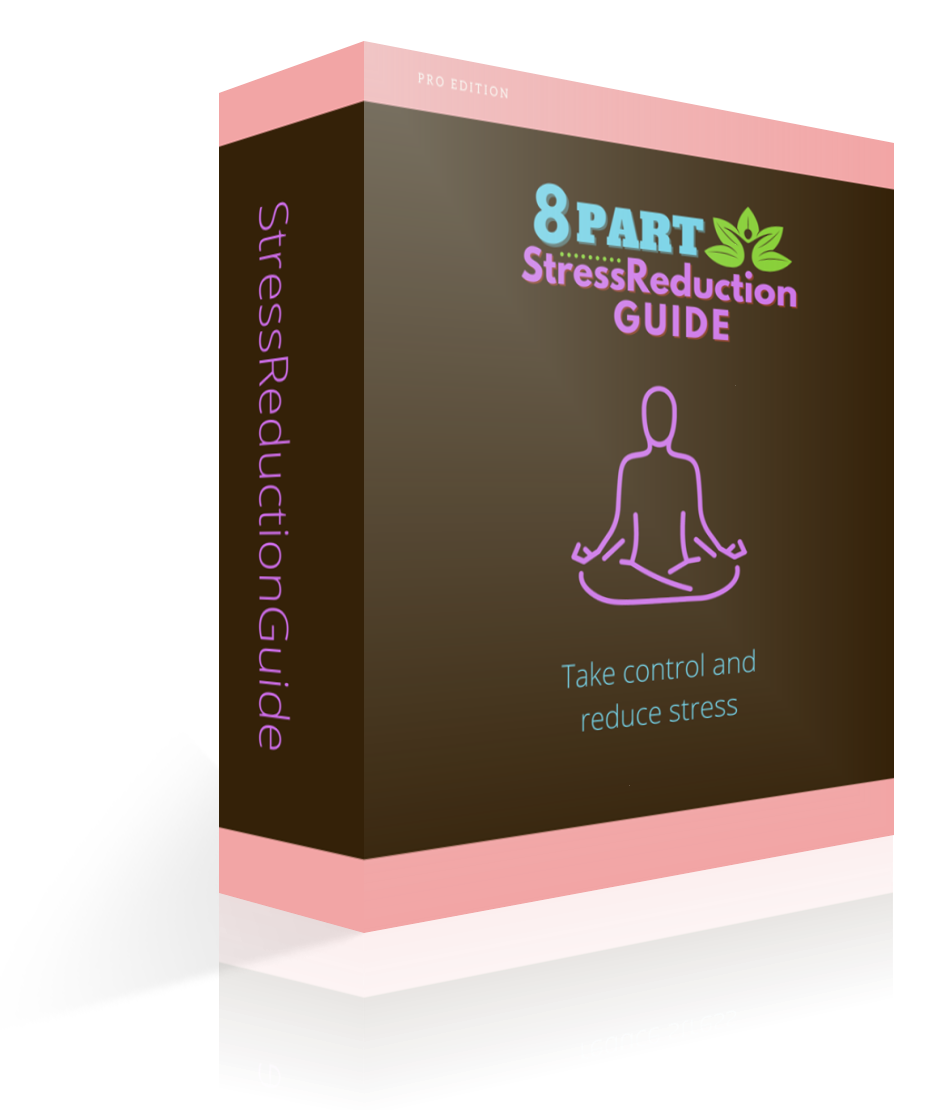Have you ever found yourself caught up in the whirlwind of daily life, only to realize you’re neglecting the most important person in your life – yourself? The fast-paced nature of our modern world can often leave you feeling disconnected, overwhelmed, and stressed. It’s in these moments that practicing mindfulness can make a profound difference.
![]()
Understanding Mindfulness
Mindfulness is the practice of being fully present in the moment, aware of your thoughts, feelings, and sensations without judgment. It allows you to create a deeper connection with yourself and the world around you. However, mindfulness isn’t just about sitting in silence for hours on end. It’s about integrating awareness into your everyday activities.
The Essence of Being Present
Being present means fully experiencing the current moment without getting lost in thoughts of the past or the future. It encourages you to engage with life as it happens, providing clarity and reducing stress.
The Science Behind Mindfulness
Research has shown that mindfulness practices can significantly reduce stress, anxiety, and depression. It can also improve physical health, enhancing immune function and lowering blood pressure. Understanding the science behind mindfulness can help you appreciate its potential benefits for your overall well-being.
Starting Your Mindfulness Journey
Beginning a mindfulness practice doesn’t need to be daunting. Start small and gradually integrate it into your routine.
Simple Mindfulness Exercises
- Focused Breathing: Spend a few minutes each day focusing on your breath. Notice the sensation of breath entering and leaving your body.
- Body Scan: Lie down or sit comfortably and mentally scan your body from head to toe, noting any areas of tension or discomfort.
- Mindful Eating: Pay attention to the taste, texture, and smell of your food. Chew slowly and savor each bite.
Creating a Mindful Space
Designate a quiet, comfortable space in your home where you can practice mindfulness. This space should be free from distractions and can be as simple or elaborate as you like. Personalize it with items that bring you peace, such as candles, plants, or calming artwork.
Mindfulness in Daily Activities
Mindfulness isn’t limited to structured meditation sessions. It can be incorporated into various aspects of your daily life.
Mindful Walking
Take a walk and focus on the sensations of your feet hitting the ground, the feeling of the wind on your skin, and the sounds around you. Let your mind be fully engaged with the act of walking.
Mindful Listening
Practice active listening in your conversations. Pay full attention to the speaker without planning your response. Notice their words, tone of voice, and body language.
Mindful Tasks
Whether you’re doing household chores, working on a project, or even bathing, bring mindfulness to the task. Focus on the details and immerse yourself in the activity.
Mindfulness and Emotional Health
Mindfulness can be particularly beneficial when dealing with difficult emotions. It provides you with tools to manage and understand your emotional landscape.
Acknowledging Emotions
Instead of suppressing or ignoring your emotions, acknowledge them. Allow yourself to feel without judgment, recognizing that emotions are temporary.
Mindful Coping Strategies
Develop strategies to manage stressful situations mindfully. This might include taking deep breaths, stepping away from a triggering situation, or practicing mindful journaling.
Building Emotional Resilience
Regular mindfulness practice can increase your emotional resilience, making it easier to navigate challenging experiences. You’ll develop a greater capacity for empathy, patience, and self-compassion.

Mindfulness in Relationships
Mindfulness doesn’t just benefit you individually; it can also enhance your relationships with others.
Practicing Empathy and Compassion
Mindfulness fosters empathy and compassion, qualities that are essential for healthy relationships. By being present with others, you show that you value and respect them.
Enhancing Communication
Mindful communication involves active listening, open-mindedness, and clear, conscious speech. It helps you understand others better and express yourself more effectively.
Managing Conflicts
When conflicts arise, mindfulness can help you respond calmly and thoughtfully rather than reacting impulsively. It encourages you to address issues with a balanced mind.
Bringing Mindfulness to the Workplace
Mindfulness can significantly impact your professional life, improving productivity, creativity, and job satisfaction.
Mindful Working
Focus on one task at a time, avoiding multitasking. Take regular breaks to reset and recharge your mind.
Stress Management
Use mindfulness techniques to manage work-related stress. This could involve taking mindful breaths during stressful moments or practicing short mindfulness exercises at your desk.
Building Team Dynamics
Encouraging mindfulness at work can improve team dynamics. It fosters a culture of respect, understanding, and collaboration among team members.

Advanced Mindfulness Practices
As you become more comfortable with basic mindfulness practices, you can explore more advanced techniques.
Meditation Retreats
Meditation retreats offer an immersive experience, allowing you to deepen your practice. These retreats can range from a weekend to several weeks or even months.
Yoga and Mindfulness
Yoga complements mindfulness by encouraging a connection between body and mind. Incorporate yoga into your routine to enhance your overall mindfulness practice.
Exploring Different Traditions
Mindfulness is a component of various spiritual traditions, including Buddhism, Hinduism, and Taoism. Learning about different traditions can enrich your practice and provide new insights.
Common Challenges and Solutions
Embarking on a mindfulness journey isn’t always straightforward. Here are some common challenges and solutions.
Difficulty Staying Focused
It’s normal for your mind to wander during mindfulness practice. Gently bring your focus back to the present without self-criticism. Over time, your concentration will improve.
Finding Time
Integrate mindfulness into your existing routine. Practice mindful activities while commuting, eating, or even waiting in line.
Dealing with Unpleasant Emotions
Mindfulness isn’t about avoiding unpleasant emotions but facing them with compassion. Remember that all emotions are temporary and part of the human experience.

Mindfulness Resources and Further Learning
You don’t have to navigate your mindfulness journey alone. Numerous resources can support and guide you.
Books and Articles
There are countless books on mindfulness by renowned authors like Thich Nhat Hanh, Jon Kabat-Zinn, and Pema Chödrön. These texts provide valuable insights and practical advice.
Apps and Online Courses
Apps like Headspace, Calm, and Insight Timer offer guided meditations, courses, and mindfulness exercises. Online platforms also provide courses from experienced mindfulness teachers.
Local Communities and Groups
Joining a local mindfulness group or community can provide support, encouragement, and a sense of connection. Many communities offer mindfulness workshops, classes, and meetups.
Conclusion
Practicing mindfulness is a powerful way to reconnect with yourself and enhance your quality of life. It’s a journey that requires patience, commitment, and compassion. By dedicating mindful moments to yourself, you can cultivate a deeper sense of self-awareness, emotional resilience, and overall well-being. Remember, the most important relationship you have is with yourself. Take the time to be with you.
Summary Table of Key Mindfulness Practices
| Practice | Description | Benefits |
|---|---|---|
| Focused Breathing | Concentrate on your breath for a few minutes each day. | Reduces stress, enhances focus and calmness. |
| Body Scan | Mentally scan your body from head to toe to identify areas of tension. | Increases body awareness, promotes relaxation. |
| Mindful Eating | Pay attention to the taste, texture, and smell of your food while eating slowly. | Enhances eating experience, promotes healthier eating habits. |
| Mindful Walking | Focus on the sensations of walking and the environment around you. | Boosts physical and mental well-being, grounds you in the present moment. |
| Mindful Listening | Fully engage in conversations, focusing on the speaker without planning your response. | Improves relationships, enhances empathy and understanding. |
| Mindful Tasks | Bring full attention to everyday tasks such as cleaning, bathing, or working. | Makes mundane tasks more enjoyable, reduces stress, and increases productivity. |
| Acknowledging Emotions | Allowing yourself to feel emotions without judgment and recognizing their temporary nature. | Builds emotional resilience, improves emotional regulation. |
| Mindful Coping Strategies | Develop techniques such as deep breathing or journaling to manage stress and emotional challenges. | Reduces emotional reactivity, enhances problem-solving skills. |
| Meditation Retreats | Participating in immersive meditation experiences ranging from a few days to several months. | Deepens mindfulness practice, provides profound personal insights. |
| Yoga and Mindfulness | Incorporates physical movement with mindful awareness to enhance body-mind connection. | Improves physical health, promotes relaxation, and enhances mindfulness skills. |
| Exploring Different Traditions | Learning about mindfulness practices from various spiritual traditions such as Buddhism, Hinduism, and Taoism. | Broadens understanding and provides diverse mindfulness techniques. |
By incorporating these practices into your life, you’re making a commitment to being more present, compassionate, and connected both to yourself and to the world around you. Mindfulness isn’t a destination but a continual journey of growth and self-discovery.




